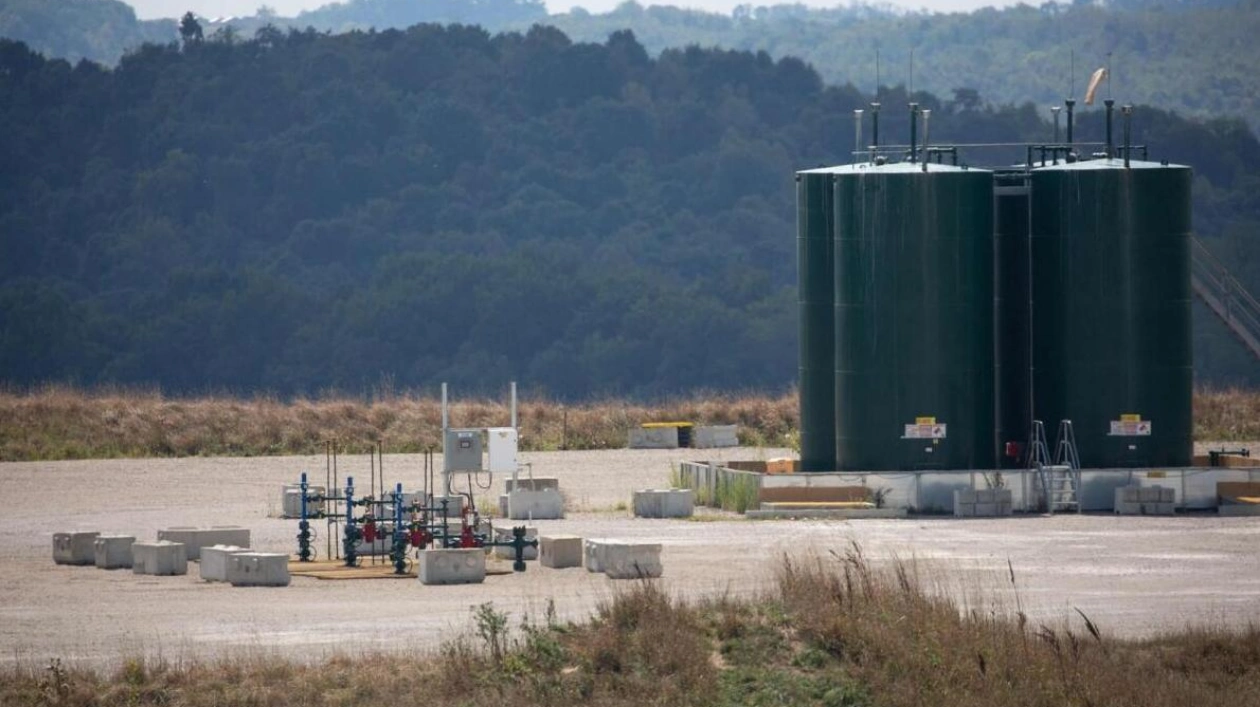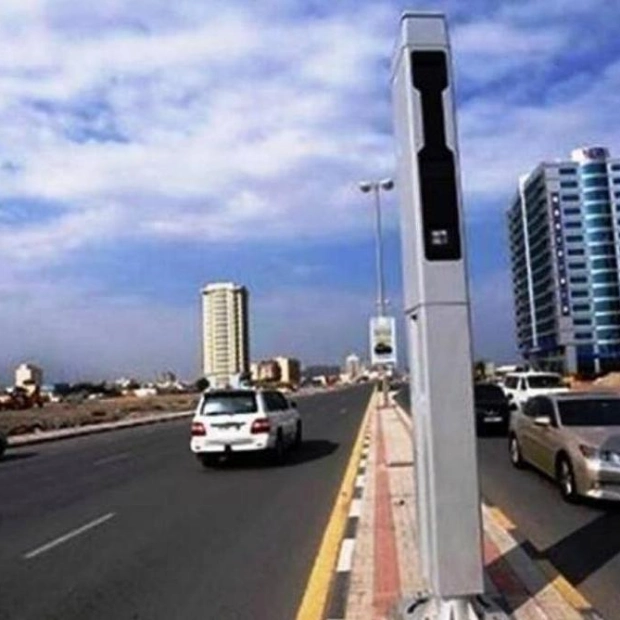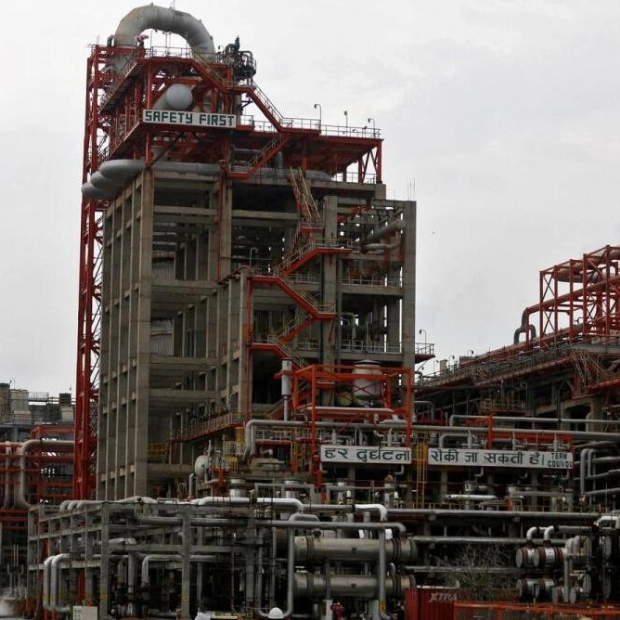Pennsylvanians employed in the contentious fracking industry are confident that the sector will persist, regardless of who wins the November presidential election. Both Republican candidate Donald Trump and his Democratic rival Kamala Harris are pledging support for hydraulic fracturing, aiming to win over voters in the gas-rich battleground state. However, Trump's steadfast backing of the practice and Harris's past opposition have led some voters in the predominantly rural Republican county of Washington to favor the former president. "I absolutely adore Trump, but I think he's very contentious," said Jennifer McIntyre, a 47-year-old sales and operations representative for Keystone Clearwater Solutions, which provides water transfer services for the fracking industry. McIntyre, who is active in the local Washington County Republican party, believes Trump is "incredibly pro-oil and gas," and that Democrats at both state and national levels have imposed regulations that hinder the industry's success. "I think that sometimes those regulations are not necessarily appropriate," McIntyre, 47, stated in an interview at the company's offices in the suburban business park of Southpointe, home to many fracking businesses.
Pennsylvania's adoption of new fracking and drilling methods in the early 2000s sparked a boom in natural gas extraction, surpassing annual production levels in Canada or Qatar. According to data from Pennsylvania's Department of Environmental Protection, there are currently over 2,000 active "unconventional" gas wells in Washington County and nearly 13,000 across the state. At Diversified Energy's site in South Franklin Township in southwestern Pennsylvania, seven 10-year-old wells quietly extract natural gas from the Marcellus Shale thousands of feet below. The gas is cleaned and then sold into a nearby pipeline, benefiting Diversified, landowners, and state and local governments. These seven wells collectively produce more than four million cubic feet of gas per day, on average, (approximately 113,000 cubic meters), according to Jason John Mounts, the company's director of operations in southern Pennsylvania. When asked about his 2024 presidential preference, the 40-year-old, who grew up nearby, said he supports "whoever is going to be driving our business." "At the end, it'll take care of itself," he said. "Every four years, it always takes care of itself."
Unlike some major players in the fracking sector, Diversified Energy does not conduct the actual fracking—an expensive process involving water, sand, and chemicals pumped thousands of feet underground at high pressure to create fractures in the bedrock and release trapped gas. Instead, it purchases operational wells from other companies and fine-tunes them to boost production. Diversified expects its current portfolio of wells across the United States to continue producing gas for the next 50 to 75 years on average, according to the company's vice president of investor relations, Douglas Kris. "This is going to be part of our economy here for as long as we need it," he said.
Scientists, environmentalists, and public health experts worldwide have called for a fracking ban, citing health and climate impacts during the extraction process and long-term environmental damage from fossil fuel combustion. In response, governments across Europe—including France and Germany—have banned or suspended the process, as have several Canadian provinces and US states, including New York. However, support for fracking in Pennsylvania has grown over the past decade, with 48% in favor and 44% opposed, according to a 2022 poll from the Muhlenberg College Institute of Public Opinion. When asked if fracking was good for the economy, 86% said yes. In the state, where coal was once the primary energy source, fracking supported over 120,000 jobs in 2022, with an average salary of around $97,000, according to a study commissioned by the Marcellus Shale Coalition (MCS), an industry trade group. "Those jobs are across the spectrum," MCS president David Callahan told AFP in an interview. "Many blue collar jobs. But many white collar jobs as well."






